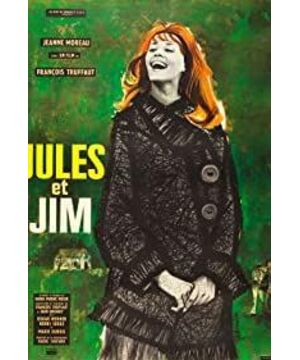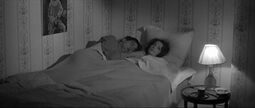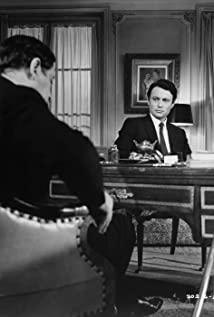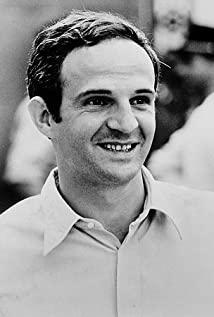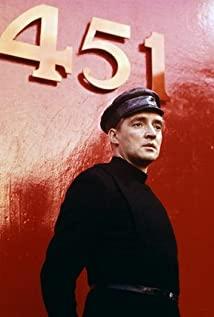. She's too greedy, though not entirely delusional, like 1/2 of the protagonist in Von Trier's melancholy, her ego is extremely fragile, and it's true that people always want to be loved, but the throbbing passages aren't too moving, when enough freedom of action and heart has been given What do you still want. . .
Can you love yourself the most and love Zinzu more people who have to hurt you so much in order to be loved and experienced? Abandoned again and again, picked it up and abandoned it just because I was too afraid of losing
, and such a complex and simple relationship would be better if it became Sartre-
Beauvoir The interaction of the characters outlines a kind of free-spirited grief that Truffaut likes a
lot
View more about Jules and Jim reviews


